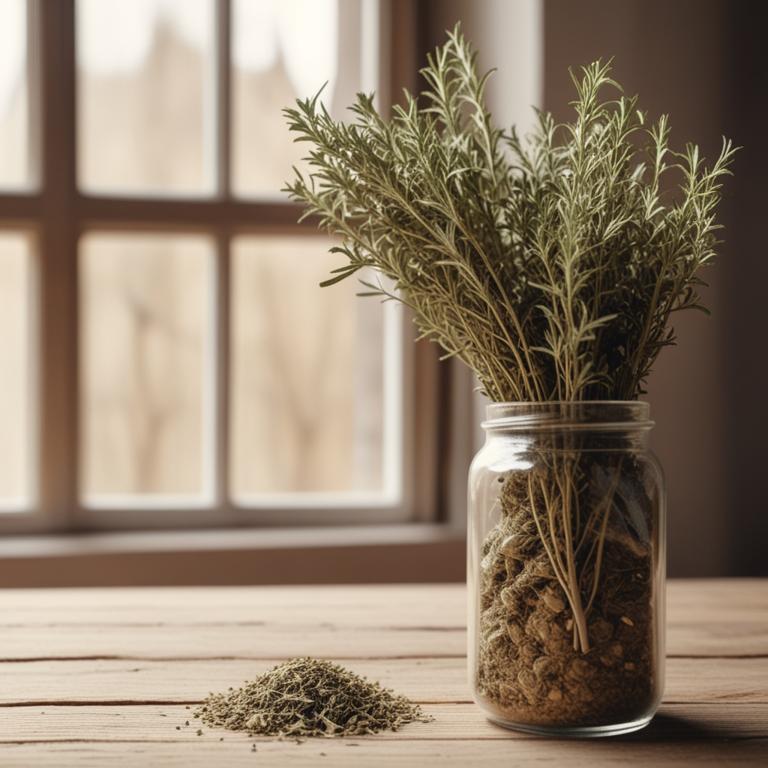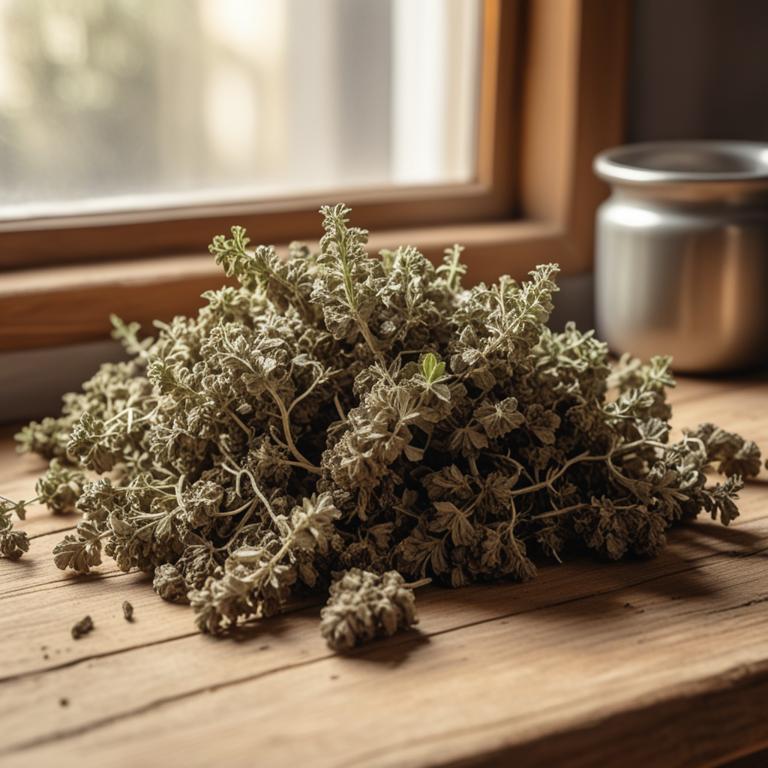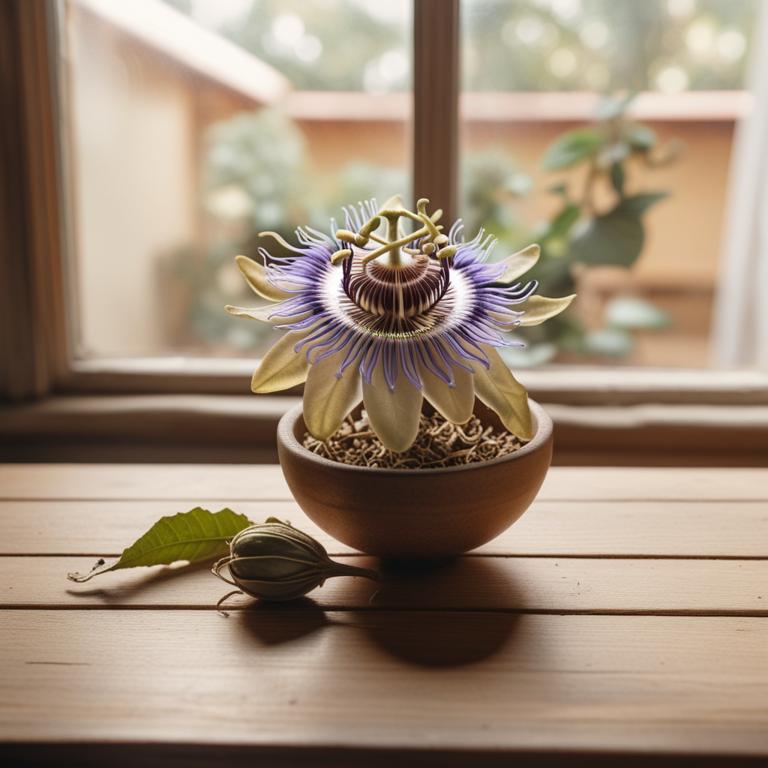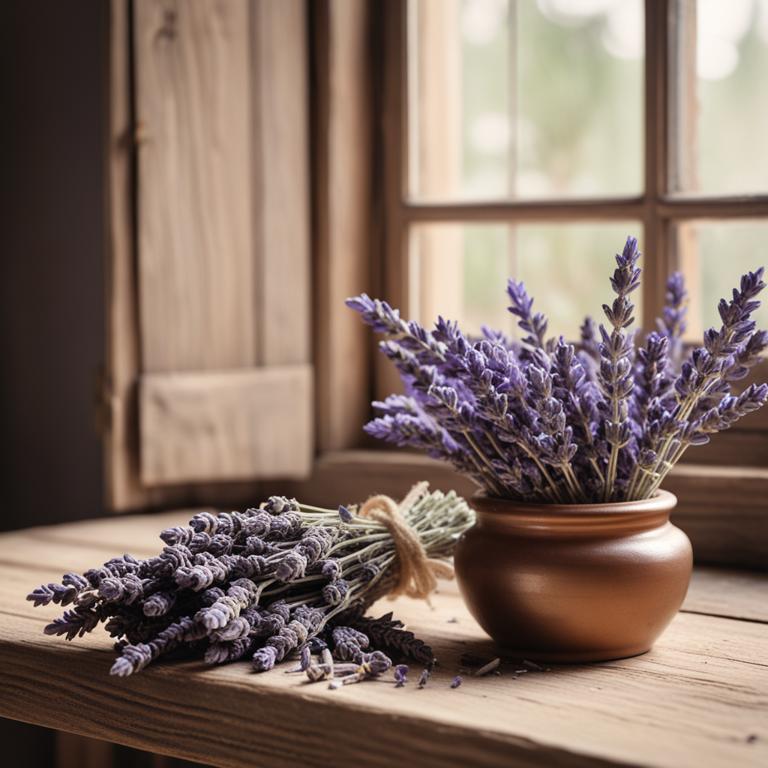Updated: Dec 1, 2024
Managing Difficult Speaking: Medicinal Herbs and Herbal Remedies
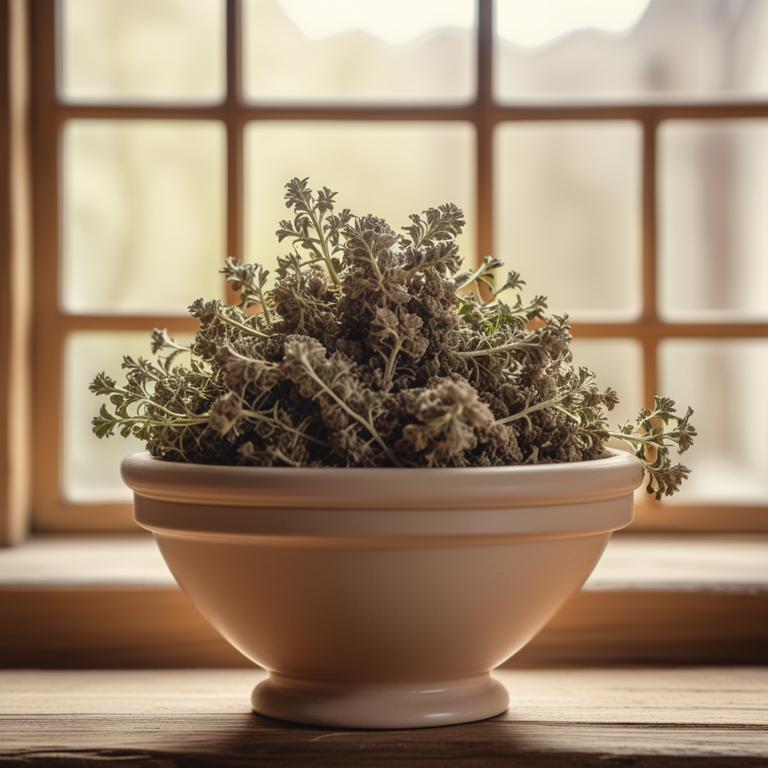
Difficult speaking, or dysphonia, is a problem where people struggle to speak clearly and confidently.
It can make everyday conversations a challenge, affecting relationships, work, and even mental health. This condition can be caused by a variety of factors, including vocal strain from overuse, allergies, or even underlying medical conditions like thyroid issues or vocal cord problems. To address difficult speaking, some people turn to herbal remedies.
For example, slippery elm is believed to help soothe and protect the mucous membranes in the throat, which can become irritated and inflamed. Licorice root is another herb thought to aid in healing and reducing inflammation. Throat Coat tea, which often combines these herbs with others like marshmallow root, can be a helpful preparation for those struggling with difficult speaking.
Some people also use herbal lozenges or supplements containing these herbs to help alleviate symptoms.
Table of Contents
- What are the causes of speech difficulties?
- What benefits can be derived from using herbs for alleviating difficult speaking?
- What are the main medical herbs for coping with difficult speaking?
- What are the frequently used herbal remedies for difficult speaking?
- What herbs are contraindicated for individuals experiencing difficult speaking?
- FAQ
What are the causes of speech difficulties?
The main causes of difficult speaking are often serious health conditions that affect the brain or nervous system.
One of these causes is Amyotrophic Lateral Sclerosis (ALS), a disease that damages the nerve cells in the brain and spinal cord responsible for controlling muscle movement, including the muscles used for speaking. This damage can lead to a gradual loss of speech and eventually complete loss of the ability to speak. Another cause of difficult speaking is Parkinson's Disease, a neurodegenerative disorder that affects the brain's ability to control movement. People with Parkinson's may experience tremors, stiffness, and slowness of movement, which can also affect their ability to speak clearly and fluently. Their speech may become slow, soft, and difficult to understand.
Stroke is another common cause of difficult speaking. A stroke occurs when the blood supply to the brain is interrupted, either due to a blockage or a rupture of blood vessels. This can damage the brain's language centers, leading to speech difficulties such as slurred speech, difficulty articulating words, and trouble finding the right words to say. Traumatic Brain Injury (TBI) can also cause difficulties with speaking. A TBI occurs when the brain is damaged due to a blow to the head or a violent jolt to the body. This damage can disrupt the brain's language centers, leading to speech difficulties such as stuttering, difficulty speaking in complete sentences, and trouble understanding what others are saying.
In each of these cases, the damage to the brain or nervous system can lead to significant difficulties with speaking, which can be challenging to overcome.
What benefits can be derived from using herbs for alleviating difficult speaking?
Using herbs for difficult speaking can be a helpful approach for some people.
One of the main benefits is that they can help calm the nerves and reduce anxiety, making it easier to communicate. These herbs can also help improve focus and concentration, allowing individuals to articulate their thoughts more clearly.
Additionally, they can help soothe the throat and vocal cords, reducing strain and discomfort. Some herbs may also have anti-inflammatory properties, which can help reduce swelling and irritation in the throat.
By promoting a sense of calm and relaxation, these herbs can help individuals feel more confident and composed when speaking, making it easier to express themselves effectively.
What are the main medical herbs for coping with difficult speaking?

Herbs have been used for centuries to help with speech difficulties, and many of them are still effective today.
One of the most common herbs used is Zingiber officinale, or ginger, which is known for its anti-inflammatory properties. Ginger helps to reduce swelling in the throat and mouth, making it easier to speak. It also helps to soothe a sore throat, which can be a major obstacle to clear communication. Glycyrrhiza glabra, or licorice root, is another herb that's often used to help with speech difficulties. It has anti-inflammatory properties, similar to ginger, but it also has a soothing effect on the mucous membranes in the throat. This helps to reduce irritation and inflammation, making it easier to speak clearly.
Cinnamomum verum, or cinnamon, is a natural antiseptic that helps to fight off infections that can cause speech difficulties. It's also a natural anti-inflammatory, which helps to reduce swelling and irritation in the throat and mouth. Passiflora incarnata, or passionflower, is a calming herb that helps to reduce anxiety and stress, which can contribute to speech difficulties. When you're feeling anxious or stressed, it can be hard to speak clearly, but passionflower helps to calm the nerves and promote relaxation. Echinacea purpurea, or coneflower, is an herb that's often used to boost the immune system and fight off infections. It's also a natural anti-inflammatory, which helps to reduce swelling and irritation in the throat and mouth. This makes it easier to speak clearly and confidently.
These herbs can be used in various ways, such as teas, tinctures, or infusions, and they can be taken as needed to help with speech difficulties.
What are the frequently used herbal remedies for difficult speaking?
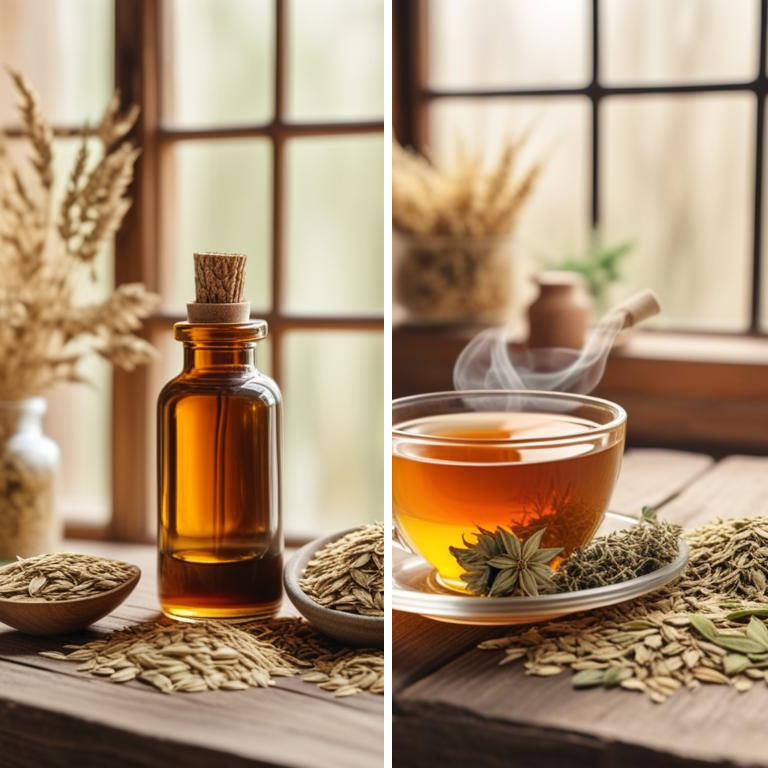
Herbal preparations can be very helpful when you have trouble speaking.
A tincture is a liquid extract of herbs that can be added to water or taken directly. It's often used for vocal cord issues because it's easy to swallow and the liquid form helps the herbs reach the affected area quickly. A decoction is made by simmering herbs in water, which brings out their active ingredients. Decoctions can be soothing for the throat and help reduce inflammation.
Herbal teas are another option, and they come in many different flavors. They're often calming and can help relax the vocal cords, making it easier to speak. An infusion is similar to a tea, but it's made with smaller amounts of herbs and is often more delicate in flavor. This can be a good choice if you prefer milder flavors. Capsules contain dried herbs that have been powdered and put into a capsule.
They're convenient because you can take them on the go, and the powdered form makes it easier for the body to absorb the herbs' active ingredients.
Additional Resources:
What herbs are contraindicated for individuals experiencing difficult speaking?
If you have trouble speaking, it's a good idea to be careful with certain herbs.
Valeriana officinalis, also known as valerian root, can make you feel sleepy and relaxed, which might make it harder to find the right words. Ginkgo biloba is often used to improve memory and brain function, but it can also cause dizziness and confusion, making it harder to speak clearly.
Aconitum napellus, or monk's hood, is highly toxic and should be avoided altogether, especially if you have trouble speaking. Hyoscyamus niger, or black henbane, is another herb to be cautious with as it can cause confusion, hallucinations, and a dry mouth, which can make speaking even more difficult. Scutellaria baicalensis, or Chinese skullcap, may help with anxiety and stress, but it can also cause dizziness and headaches, making it harder to find the right words.
These herbs can have strong effects on the brain and body, so if you have trouble speaking, it's best to talk to a doctor or a qualified healthcare professional before using them.
FAQ
Are there any specific herbs that can prevent difficult speaking?
Some herbs like thyme and sage may help with difficult speaking.
They contain compounds that can relax the throat and vocal cords, making it easier to speak clearly. Thyme's antibacterial properties can also soothe a sore throat, while sage's antioxidants can reduce inflammation.
Drinking tea made from these herbs may make a difference.
Is it safe to use herbal remedies for difficult speaking during pregnancy?
Using herbal remedies for difficulty speaking during pregnancy can be tricky.
Some herbs, like ginger and peppermint, might help soothe a sore throat, but others, like pennyroyal and blue cohosh, can be toxic to the baby.
It's best to approach herbal remedies with caution and understand their potential risks.
Are there any herbs that can reduce the frequency of difficult speaking?
Some herbs, like slippery elm and licorice root, have been traditionally used to soothe the throat and calm inflammation.
This can help reduce the frequency of difficult speaking.
Slippery elm's mucilage coats and protects the throat, while licorice root's anti-inflammatory properties may ease irritation and discomfort.
Can i combine different herbal remedies for difficult speaking?
Yes, you can combine different herbal remedies for difficult speaking.
For example, if you're trying to improve your voice, you could take a combination of thyme and slippery elm. Thyme helps soothe the throat, while slippery elm reduces inflammation and irritation.
Just be sure to use them in moderation and see how your body reacts.
Related Articles
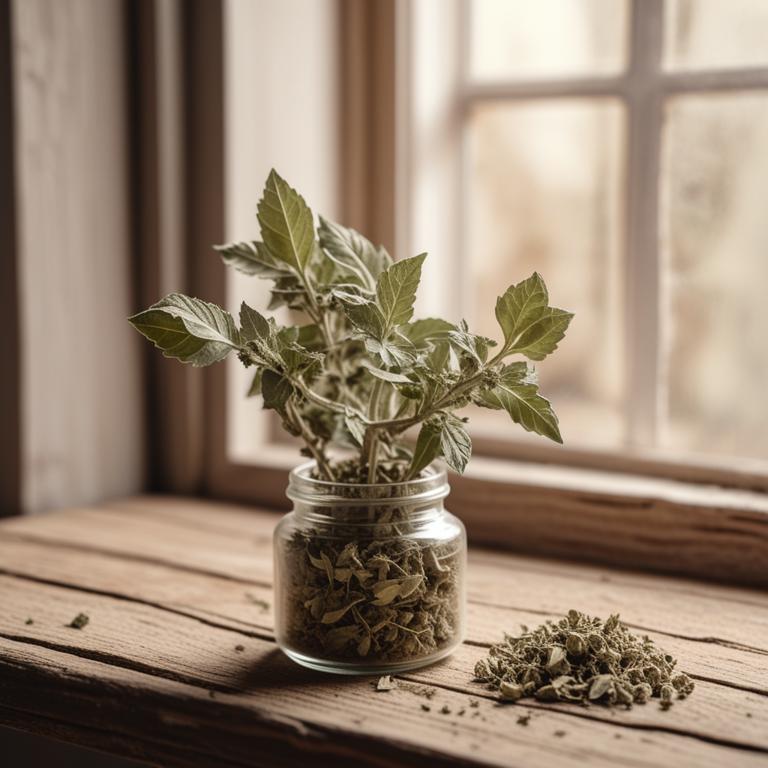
Brain Fog: A Guide to Causes, Medicinal Herbs, and Natural Preparations
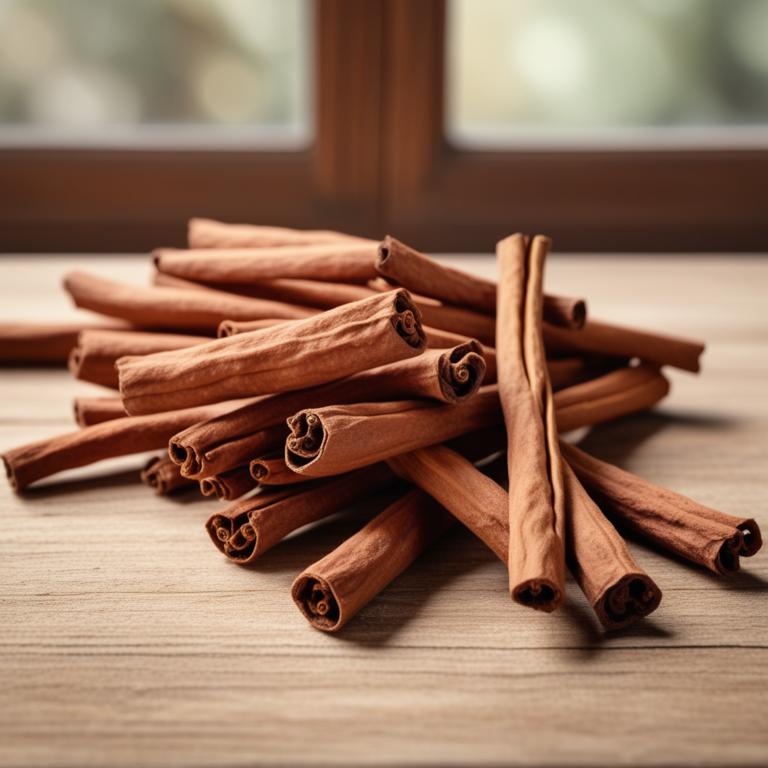
Breaking the Cycle of Bad Taste with Medicinal Herbs and Herbal Preparations
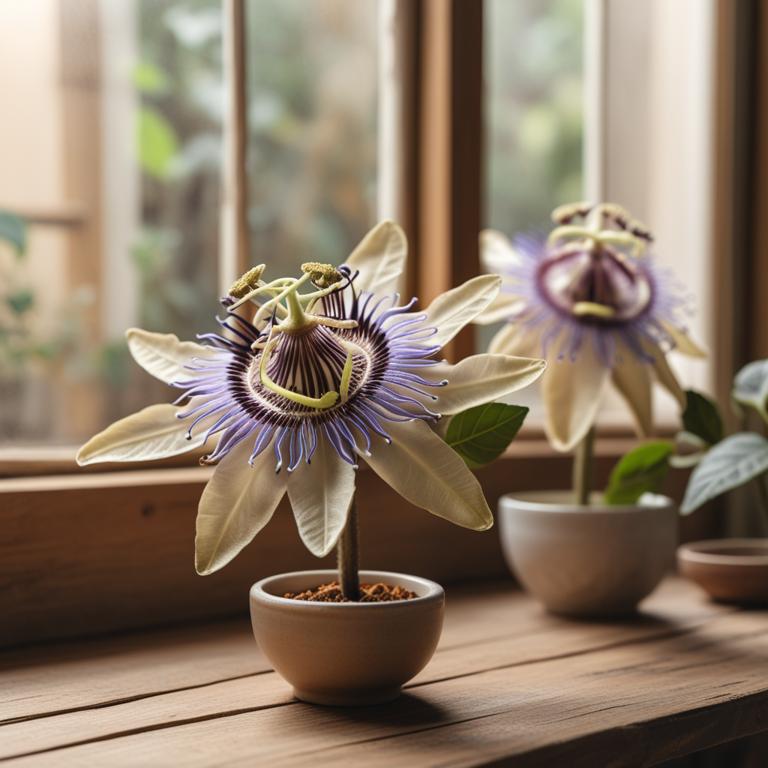
Nerve Pain and Herbal Preparations: Understanding Causes and Natural Relief
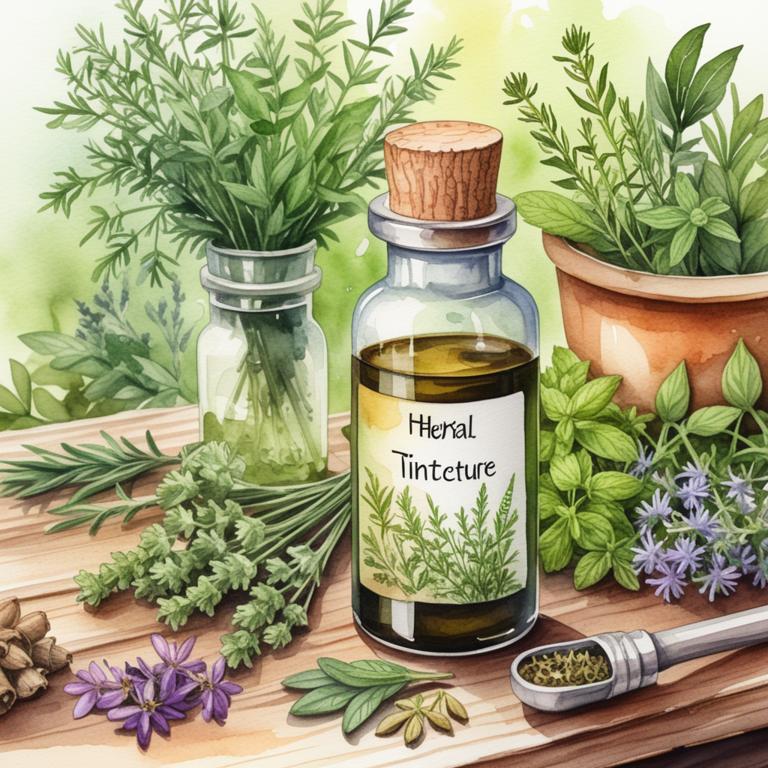
Restless Leg Syndrome: Understanding the Causes and Using Herbal Preparations
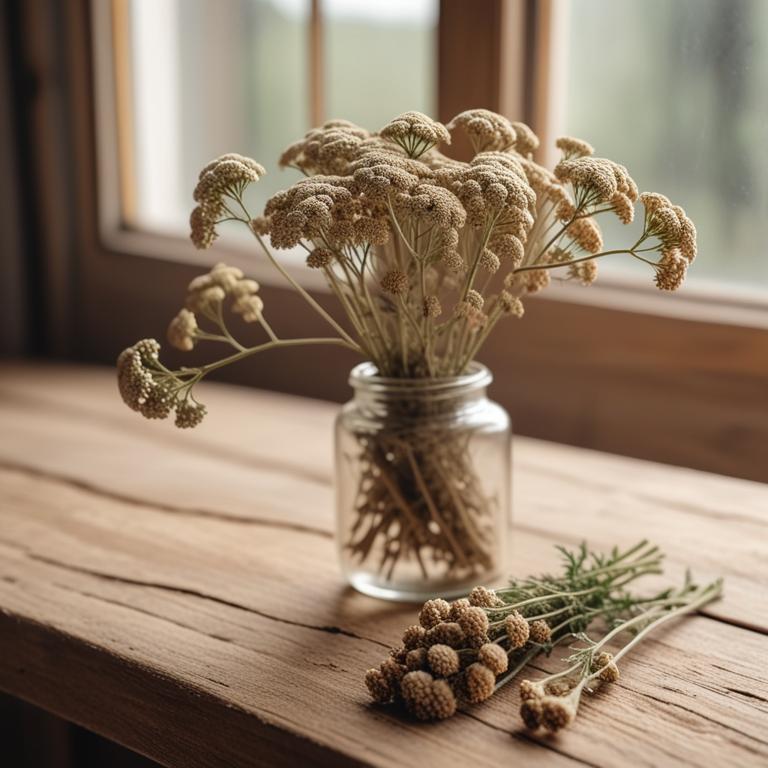
Herbal Solutions for Eye Strain: Causes, Prevention, and Cure
